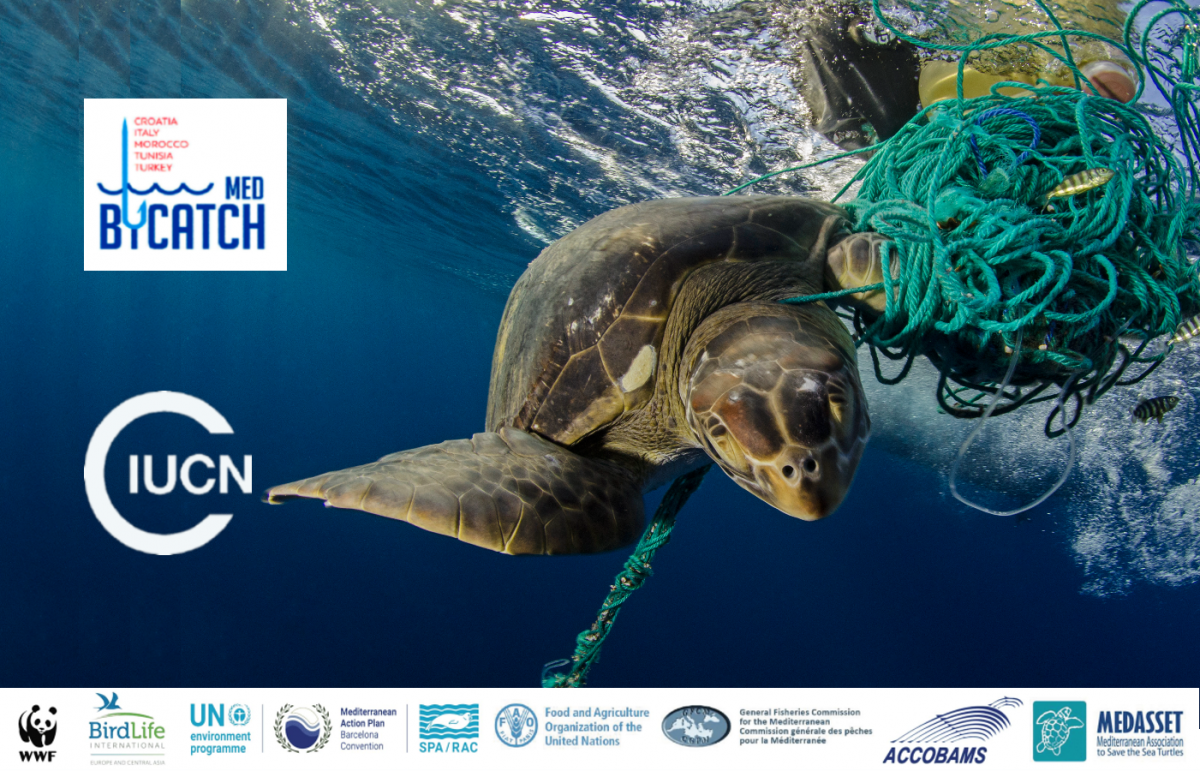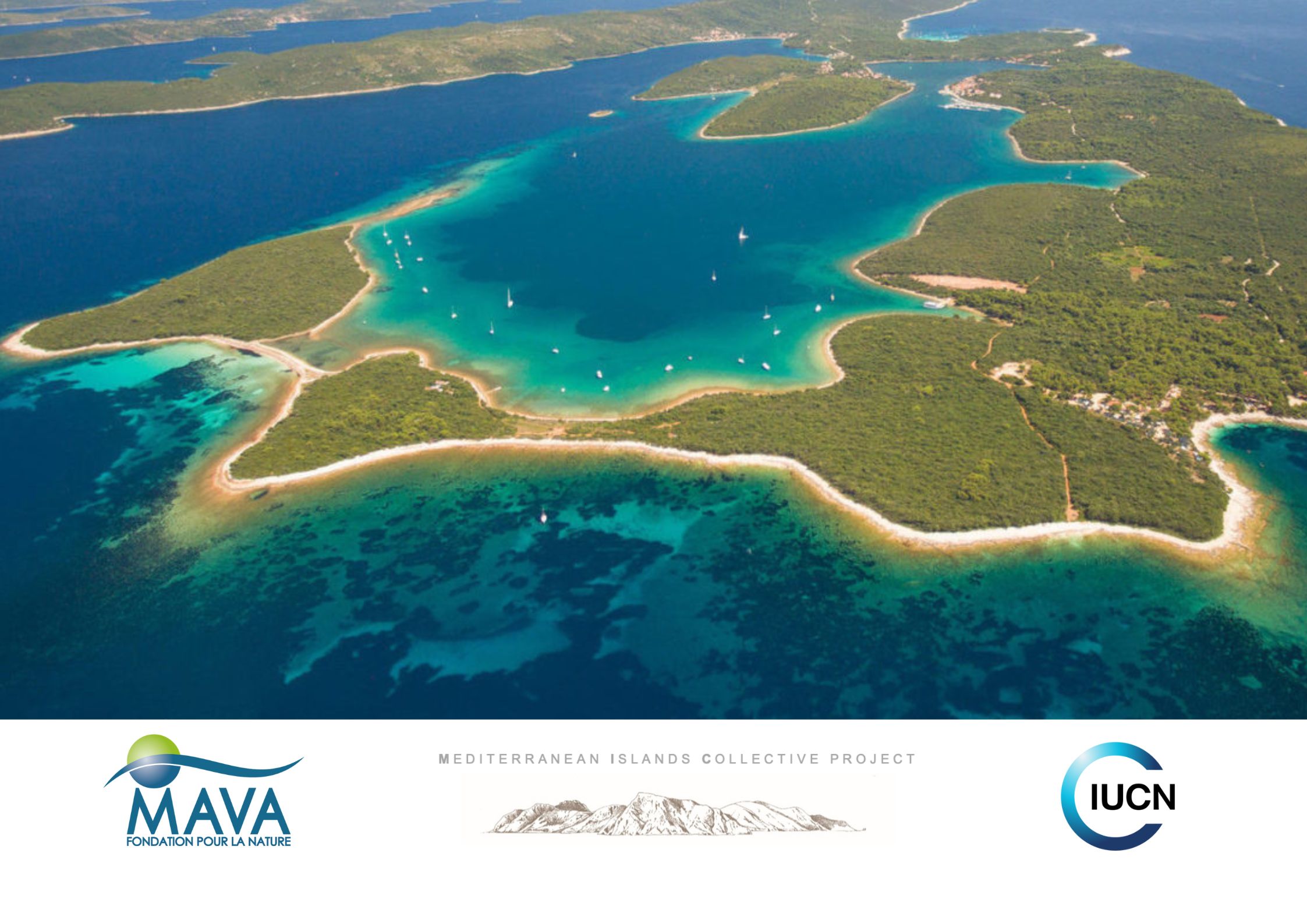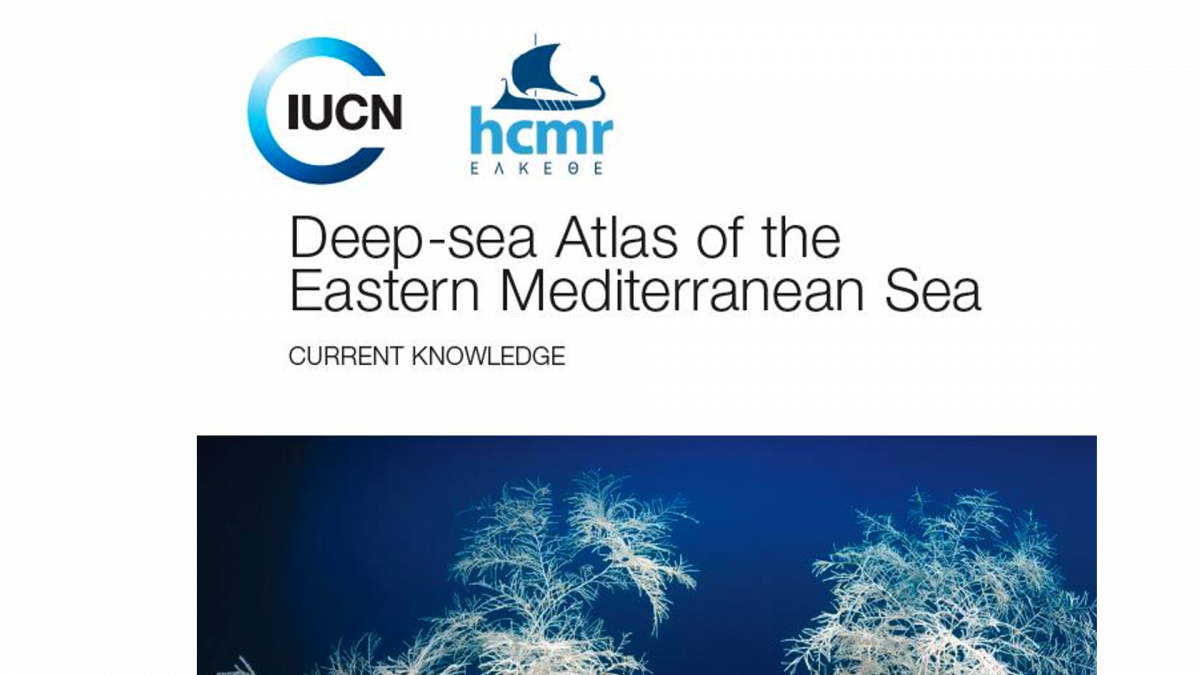Deforestation spells doom for Barbary Macaque

Photo: Ronald Troostwijk
The increasing human pressure in the Middle and Tellian Atlas and resulting overgrazing, uncontrolled logging, and tree pruning is threatening the natural habitat on which these species depend.
“Forest conservation in this region is essential, not only to ensure highly threatened species survive, but also to guarantee freshwater supply and reduce the risks of desertification and other impacts from climate change,” says IUCN Director General Julia Marton-Lefèvre, who is visiting North African countries from 13 to 18 July.
The Barbary Macaque is the only one of 20 different macaque species to occur in Africa and is found in Morocco and Algeria. It is listed as Endangered on the IUCN Red List of Threatened Species™ and the Moroccan Middle Atlas forest population is the largest. The Barbary Macaque can also be found in Gibraltar and is often illegally trafficked to Europe.
Recently, the Barbary Macaques in the Middle Atlas have been observed stripping the bark from trees and sucking flowers to get the sap, behaviour uncommon until a few years ago. The Moroccan government has been collaborating with IUCN to discover the reason for this shift in behaviour. The IUCN Centre for Mediterranean Cooperation, together with the IUCN Species Survival Commission and regional experts, visited the area and found that the degradation of the cedar forest and the scarce access to water resources due to a new pit construction, were to blame for the change in behaviour.
“The loss of significant numbers of Barbary Macaques can have wide repercussions throughout the ecosystem,” says Margarita Astrálaga, Director of the IUCN Centre for Mediterranean Cooperation. “Macaques are vital to disperse seeds in the forest. Without them the very composition of the forest would change dramatically. Its disappearance could also affect the economic situation in Morocco as Barbary Macaques attract a large number of tourists every year.”
A number of activities have been undertaken by IUCN and its members to increase public awareness and reduce illegal trade in this species, but more is needed. AAP (a Netherlands-based sanctuary for exotic animals) and the IUCN National Committee of the Netherlands convened a multi-stakeholder approach for sustainable land use management of the Moroccan cedar forests, involving raising awareness among potential buyers, cooperation with authorities in the consuming countries such as France, Spain, Italy or the Netherlands, and training of customs officers in Spain. WWF MedPo is also an active partner in the protection of the species and its habitat.
In Algeria, the ecological association Amazer-N’-Kefrida carried out public education and awareness raising campaigns in 2006 and 2007 against illegal trade, commercial uses, and improper artificial feeding of Barbary Macaques.
The macaque receives some protection under national and international legislation. Collection and export are regulated by a system of permits in Morocco (100 macaques per year), but enforcement of the legislation is insufficient. The species is listed on Appendix II of CITES. In 2000, the European Community suspended imports of M. sylvanus from Algeria and Morocco under the provisions of Article 4.6b of EC Regulation 338/97 because such trade was deemed to have a harmful effect on the species' status.
Macaque conservation depends on its integration into existing initiatives dealing with forest degradation, rural poverty, land tenure, governance and other causes of habitat loss. Building the capacity to apply the necessary knowledge and tools for conservation of the management, academic institutions and customs agencies in the countries concerned are a must, including the enforcement of the existing legislation against illegal trade of CITES species amongst tourists. The links between the values of and threats on cedar forests and Barbary Macaques need to be widely recognized.
Notes to editors
For more information or to set up interviews, please contact:
• Sonsoles San Román, Communications Officer, IUCN Centre for Mediterranean Cooperation
Tel: +34.952 028430, Email: sonsoles.sanroman@iucn.org; Web: https://www.iucn.org/mediterranean
• Sarah Horsley, IUCN Media Relations Officer, Tel: +41 22 999 0127, Email: sarah.horsley@iucn.org



